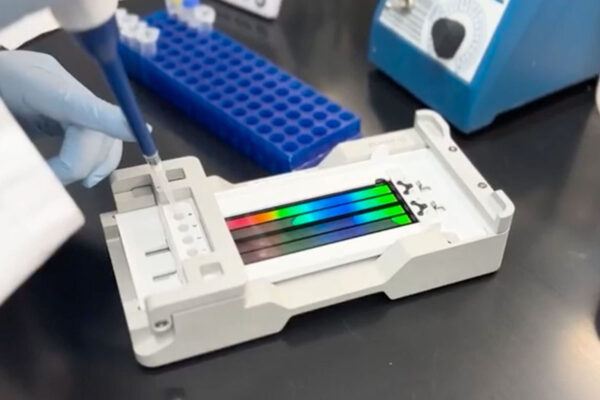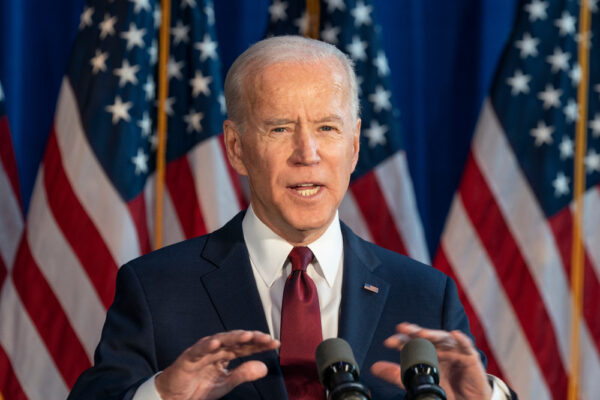Medicare approves WashU Medicine’s whole-genome test for blood cancers
A new test for two blood cancers — developed by a team at the School of Medicine — is the first whole-genome sequencing test for cancer to be approved for reimbursement by the Centers for Medicare & Medicaid Services.
What to know about the new Alzheimer’s drug Leqembi
The Food and Drug Administration has granted full approval to Leqembi for patients in the early stages of Alzheimer’s disease. The School of Medicine’s Barbara Joy Snider, MD, PhD, answers questions about the drug.
Ackerman named a 2023 Klingenstein-Simons fellow
Sarah Ackerman, an assistant professor of pathology and immunology at the School of Medicine, has received a 2023 Klingenstein-Simons Fellowship Award in Neuroscience.
Scientists reveal how proteins drive growth of multiple cancer types
Led by the School of Medicine and other institutions around the world, the Clinical Proteomic Tumor Analysis Consortium has completed a deep analysis of the proteins driving cancer across multiple tumor types. The findings could help lead to new therapies.
Too old to be president?
Some have raised concerns about the age of President Joe Biden and former President Donald Trump, who are 80 and 77 respectively, and who are both vying to be elected president in 2024. Performance and accomplishments matter, but old age should not, per se, said three experts on aging at Washington University in St. Louis.
Siteman earns prestigious merit extension from National Cancer Institute
Siteman Cancer Center, based at Barnes-Jewish Hospital and the School of Medicine, has earned a prestigious Merit Extension Award from the National Cancer Institute (NCI), recognizing continued excellence in cancer care, research, training, prevention and community outreach.
Alpha Omega Alpha Honor Medical Society names class of 2023
Washington University School of Medicine’s Alpha Omega Alpha chapter has chosen 24 faculty members, alumni and house officers-in-training to be new members of the medical honor society.
Fast ‘yes’ better for brain than slow ‘no’
Research from mechanical engineers Ruth Okamoto and Philip Bayly at the McKelvey School of Engineering finds that the brain’s vulnerability to head motion depends on the direction and frequency, not just impact strength.
Brown students named ‘This is Public Health’ ambassadors
Brown School students Kate Gershwin and Will Hutson have been named to the Association of Schools and Programs of Public Health “This is Public Health” ambassador cohort.
Your Hearts, Your Scars
Adina Talve-Goodman, AB ’09, was born with a congenital heart condition and survived multiple operations over the course of her childhood, including a heart transplant at age nineteen. In these seven essays, she tells the story of her chronic illness and her youthful search for love and meaning, never forgetting that her adult life is […]
Older Stories









